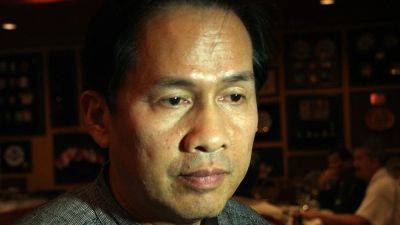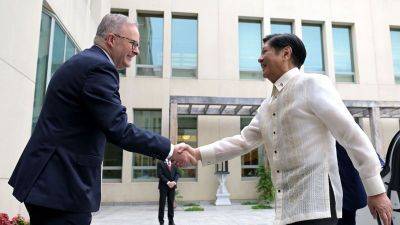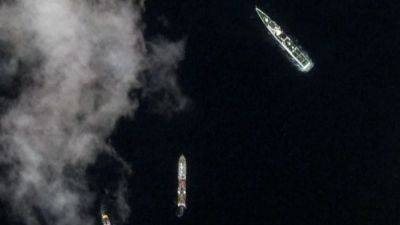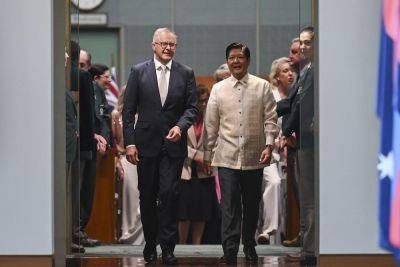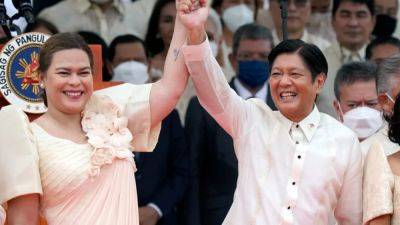Philippines to maintain ‘assertive transparency’ over South China Sea row against Beijing’s ‘bullying behaviour’
“We will continue [with the strategy],” PCG Commodore Jay Tarriela said at a forum in Manila on Tuesday.
He was speaking at the forum sponsored by Stratbase ADR Institute, a Philippine research organisation, and Australian Aid, Canberra’s international aid agency.
Such Chinese transgressions are referred to as grey-zone actions to underscore Beijing’s territorial claims without engaging in open warfare.
He said that PCG had not been told to change its assertive transparency strategy following the January 17 meeting.
The strategy is in contrast to the quiet diplomacy undertaken by former Philippine President Rodrigo Duterte in response to similar Chinese actions in the past. Duterte had justified his measured approach, saying publicising such maritime confrontations would incite China into adopting a more aggressive stance.
It was near the end of Duterte’s term that Manila disclosed it had filed 211 diplomatic notes with China — 153 of them were in 2021 when relations started to sour between the two nations.
Tarriela said PCG’s strategy, which started last year during President Ferdinand Marcos Jnr’s administration, “enables ordinary citizens to viscerally experience the full measure of [Chinese] grey-zone aggression, which gives the government increased political latitude to take the hard steps required to push back [Beijing]”.
He added that any messaging linked to the strategy is first processed by an information working group comprising PCG, the defence department, the Philippine military, the foreign affairs department, the justice department and the national security council.
“I have to be honest with everyone. Not everything we experience in the West Philippine Sea is openly released to the public,” he divulged. He said the



